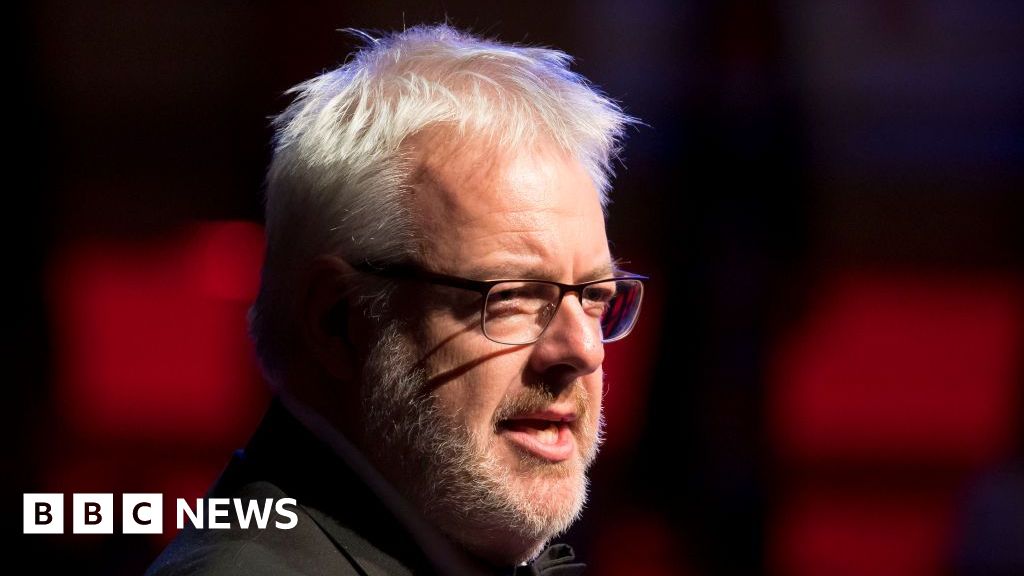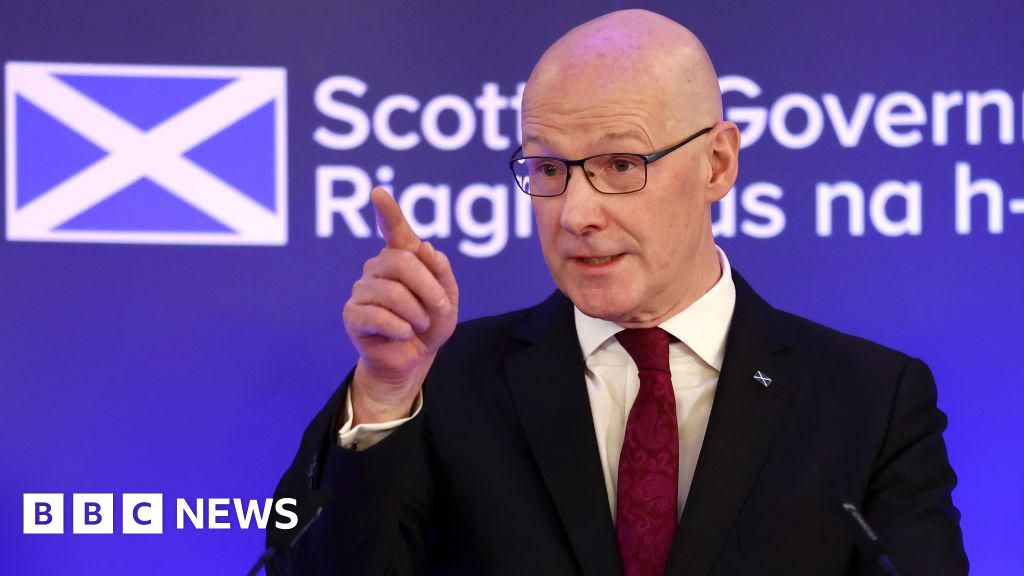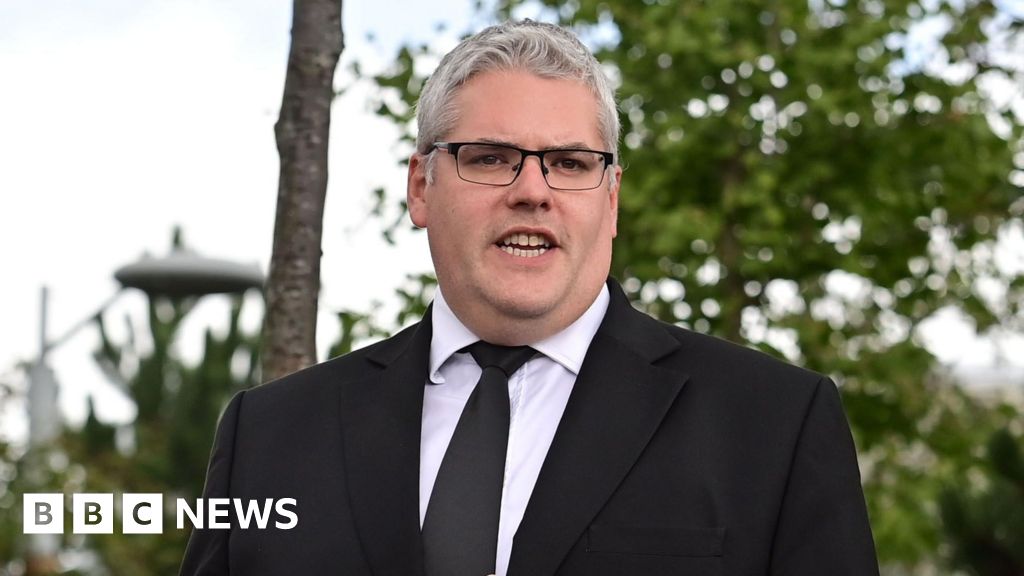“She would cross the road to bite your ankles, whether you were goading her or not!”
This is a remark from a long term admirer of Kemi Badenoch, delighted to see her win the Conservative leadership contest.
It is a character reference you don’t have to look hard to find about the new leader of the opposition, seen as sharp, even abrasive, by her friends, let alone those who are less keen on her.
“She has real sparkle. It’s going to be fascinating seeing her taking on Starmer,” says another supporter.
The arrival of Kemi Badenoch as Conservative leader comes hard on the heels of Labour's first budget, completing a few days that will set the terms of political debate in the UK for years to come.
A big personality with fresh impetus will now take her place in the arguments ahead.
What a contrast, the difference between victory and defeat.
For the winner, an official car to Conservative Party Campaign Headquarters, papers to sign, security briefings to digest and social media videos to film.
For the loser, trundling home in defeat.
Badenoch now has the task of assembling a shadow cabinet to take on Sir Keir Starmer and the government.
Who might be shadow chancellor?
Some are talking up Andrew Griffiths, the energetic shadow science secretary who has appeared to relish the daily challenge of scrutinising government.
Others point to former ministers Claire Coutinho or Laura Trott.
Then there is the crucial role of chief whip – maintaining discipline in a parliamentary party famed for the opposite.
Could Stuart Andrew, the man currently in the role, be kept on?
Will Robert Jenrick accept the role he is offered?
Let’s see.
Expect too to see early talk of a need for a change in the leadership rules to increase the proportion of the parliamentary party needed to trigger a confidence vote, to try to ensure the new leader can’t be too easily toppled.
For the last four months we have pretty much had a shadow shadow cabinet, a team bodged together by Rishi Sunak in the aftermath of defeat with the job of being caretakers until this moment.
But providing real, long term opposition is the mission now – starting with prime minister’s questions on Wednesday.
“She’s up for a political fight with Starmer and my goodness it’s about time we had a fight with Starmer!” one of her supporters tells me.
Plenty of their colleagues agree, but some caution that the Conservatives must not confuse early bumps for the new government with a sudden enthusiasm for the Tories.
“And are they actually prepared to be led?” asks one figure of Conservative MPs.
“We were enthusiastically rejected. Kemi gets that it’s existential,” says the same observer, hoping the party shares this assessment.
As I wrote just before the result, the last time the Conservatives were crushed in a general election and turfed out of office, in 1997, it took the party 13 years and four leaders to find a future prime minister.
Winning the only contest that really matters, a general election, from this starting point will be mighty difficult.
But precedents are there to be broken and frequently have been in recent years.
Kemi Badenoch’s task is to break another one.

 1 month ago
17
1 month ago
17









